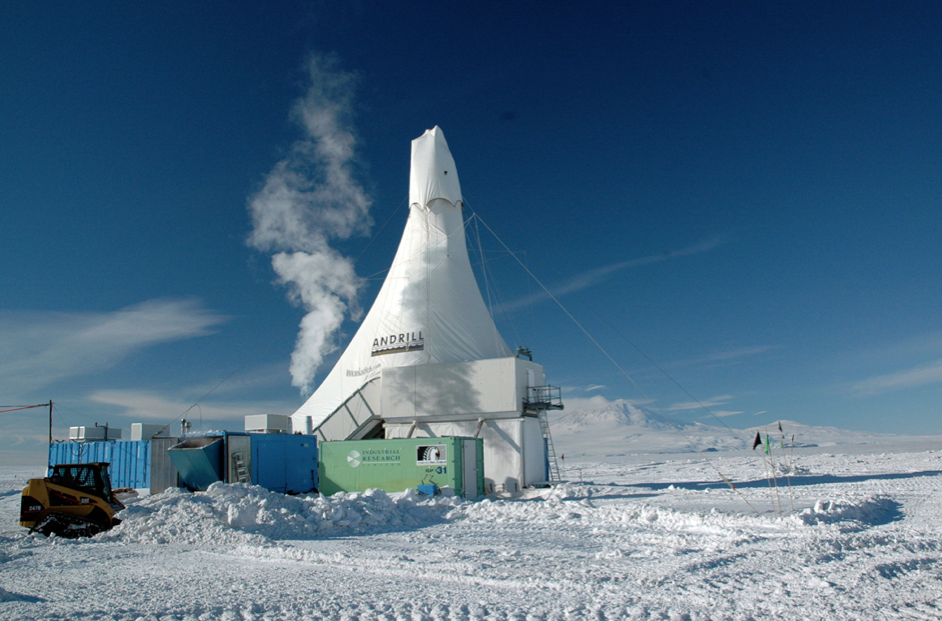
Sunday with a Scientist at the University of Nebraska State Museum will be "Drilling for the Cold Facts" about climate change, 1:30 to 4:30 p.m., Aug. 21 at Morrill Hall.
The program includes interactive activities designed for children and families. "Drilling for the Cold Facts" will feature faculty, staff and students from Earth and Atmospheric Sciences and the UNL-based ANDRILL program. Faculty members David Harwood and Frank Rack will lead the presentations.
The Antarctic geological drilling (ANDRILL) Program is comprised of an international team of scientists who study Antarctic geology in order to understand past and future climate change.
Visitors will discover how scientists conduct deep drilling through Antarctica's ice and bedrock, recovering cores that yield important clues about climate history.
Blog entries from the 2010 ANDRILL environmental and geophysical site surveys for the upcoming Coulman High Project are available at http://andrill.org/science/ch/news.
Sunday with a Scientist is a series of presentations that highlights the work of State Museum scientists and those from other UNL departments and institutions, while educating children and families on a variety of topics related to science and natural history. Presenters will share scientific information in a fun and informal way through demonstrations, activities, or by conducting their science on site. Sunday with a Scientist programs are 1:30 to 4:30 p.m. at Morrill Hall on the third Sunday of each month.
Upcoming Sunday with a Scientist Topics: Sept. 18 — Plants; Oct. 16 — Fossils; Nov. 20 — Viruses; and Dec. 18 — Minerals.
- Dana Ludvik, NU State Museum
More details at: http://go.unl.edu/4o3